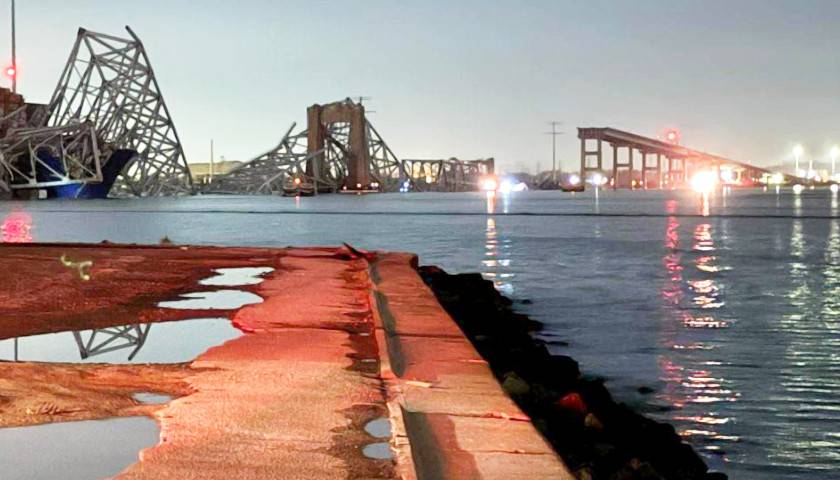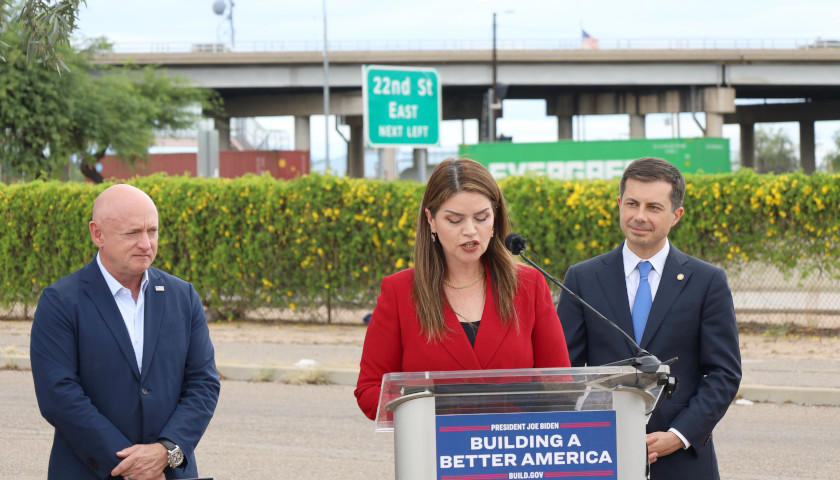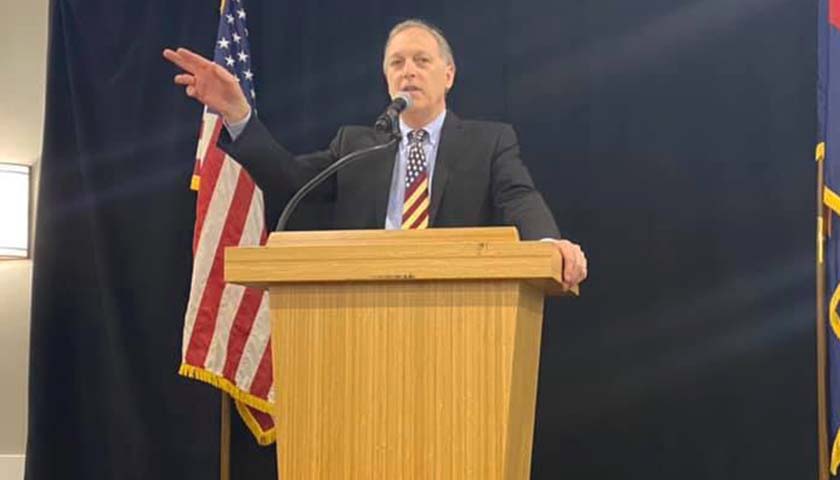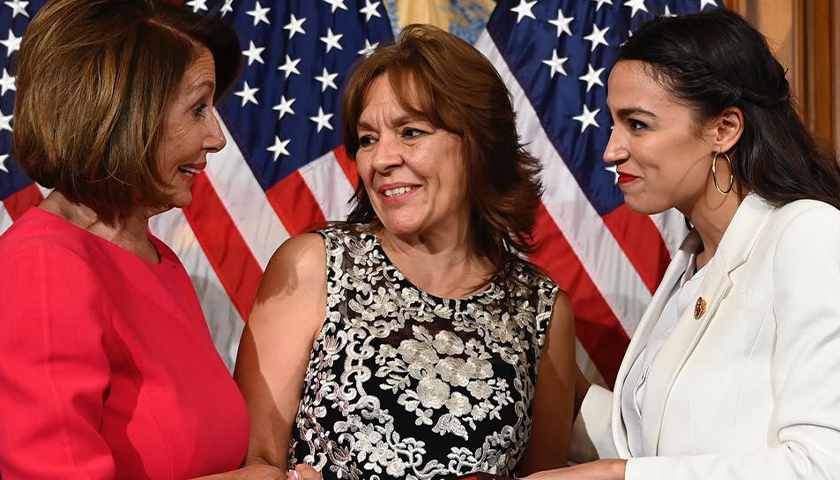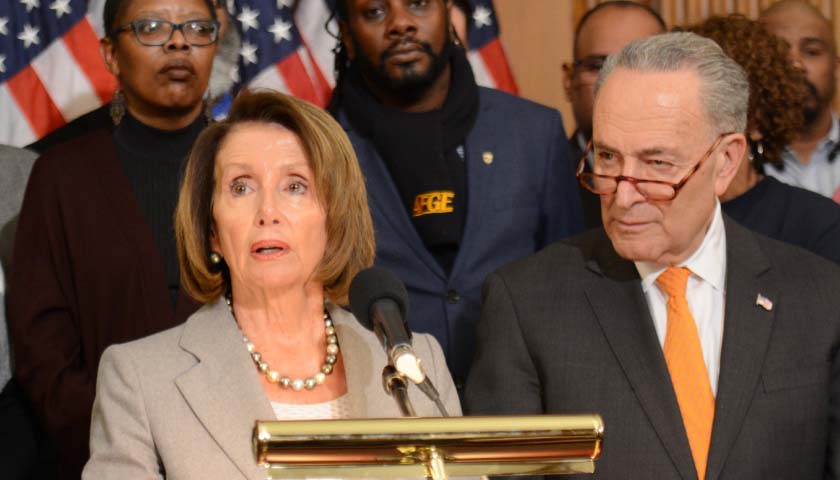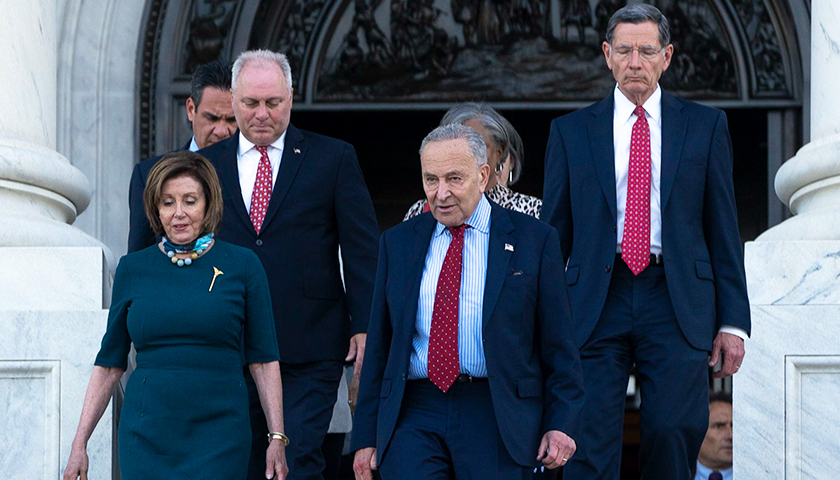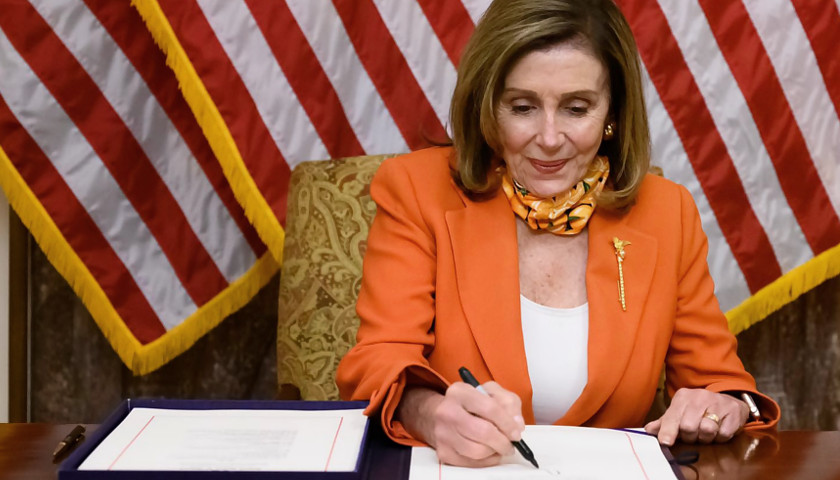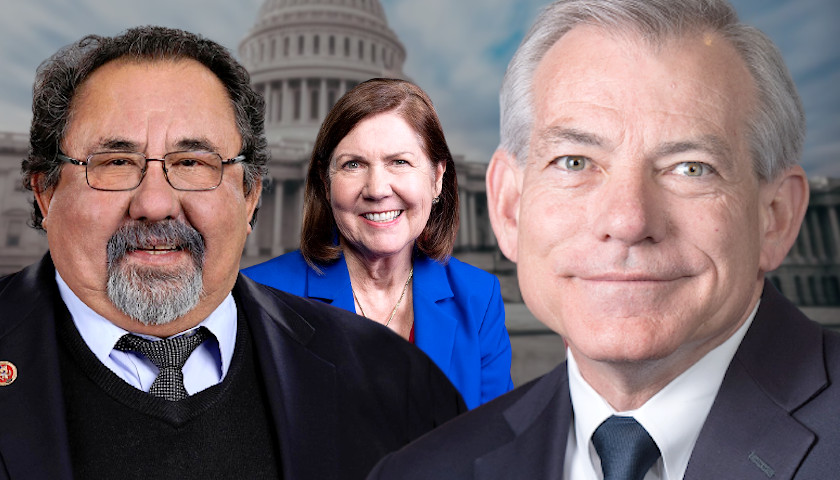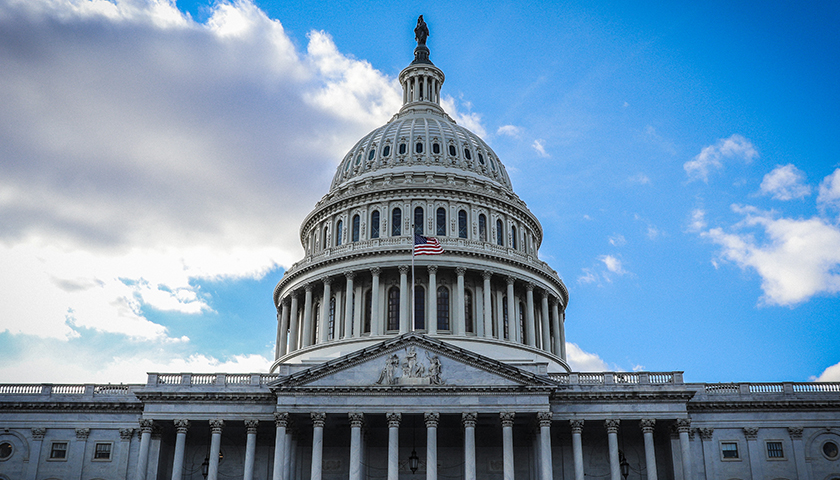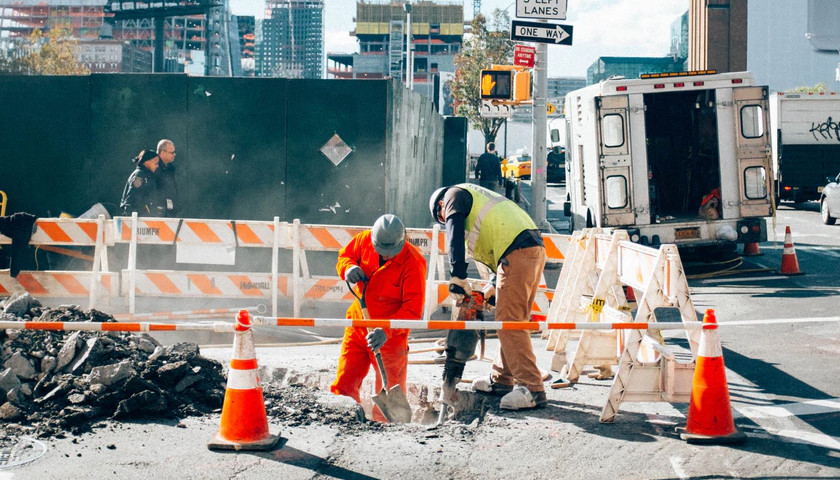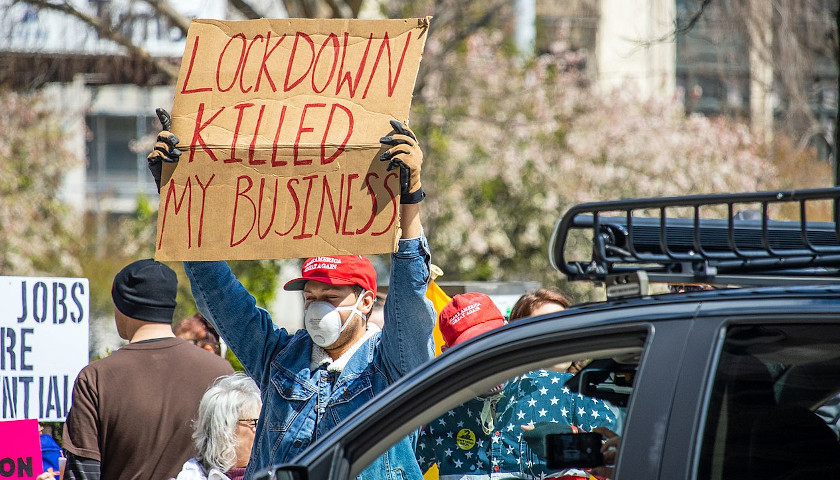Following the collapse of Baltimore’s Francis Scott Key Bridge after a collision involving a cargo ship, safety inspectors are now raising the alarm about the structural dangers of a significant percentage of American bridges.
As Fox News reports, federal data from the year 2023 suggests that at least 7% of bridges in the United States – roughly 42,400 total – are in poor condition. The primary cause is deterioration over time, which requires regular repairs that can regularly cost millions of dollars, as well as cause closures that negatively impact many residents’ commutes.
Read More
